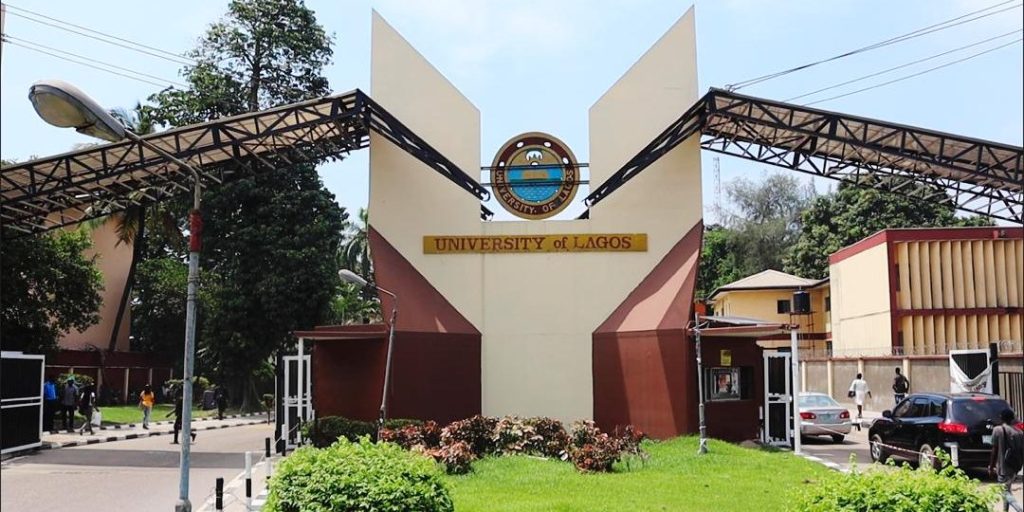
Mathew Amaechi
The University of Lagos (UNILAG) has dismissed recent online claims alleging delays in reimbursing students who utilized the Nigerian Education Loan Fund (NELFund) to pay tuition fees.
In a statement, Mrs. Adejoke Alaga-Ibraheem, Head of the institution’s Communication Unit, clarified that refunds are being processed systematically, with two batches already completed and a third underway.
Addressing circulating reports, Alaga-Ibraheem emphasized that reimbursements follow a stringent reconciliation and verification process with NELFund. “Refunds are not delayed but conducted meticulously to ensure accuracy,” she stated, urging students and the public to disregard “misleading narratives.”
According to the university, three tranches of NELFund loans have been received. Students under the first two batches—whose fees were paid before the loan disbursement—have been fully reimbursed. The third tranche, received in late April 2024, is currently in the reconciliation phase. “We are collating payment details for the latest batch and will process refunds promptly per regulations,” Alaga-Ibraheem assured.
Reiterating the institution’s dedication to accountability, she noted, “UNILAG’s management prioritizes transparency and student-centered service. We understand the importance of these funds to our scholars and are committed to swift resolutions.”
Students awaiting refunds or facing issues were directed to contact the NELFund help desk at the Student Affairs Division for immediate assistance. “We encourage beneficiaries to reach out for prompt support,” she added, underscoring the university’s proactive stance.
The statement concluded with a reaffirmation of UNILAG’s adherence to its core values, ensuring all stakeholders that processes remain on track. “We urge patience as we finalize the third batch. Every student will receive their due refund,” Alaga-Ibraheem pledged.
The clarification aims to alleviate concerns amid growing scrutiny over education loan management, positioning UNILAG as a responsible partner in Nigeria’s broader efforts to ease academic financial burdens.
